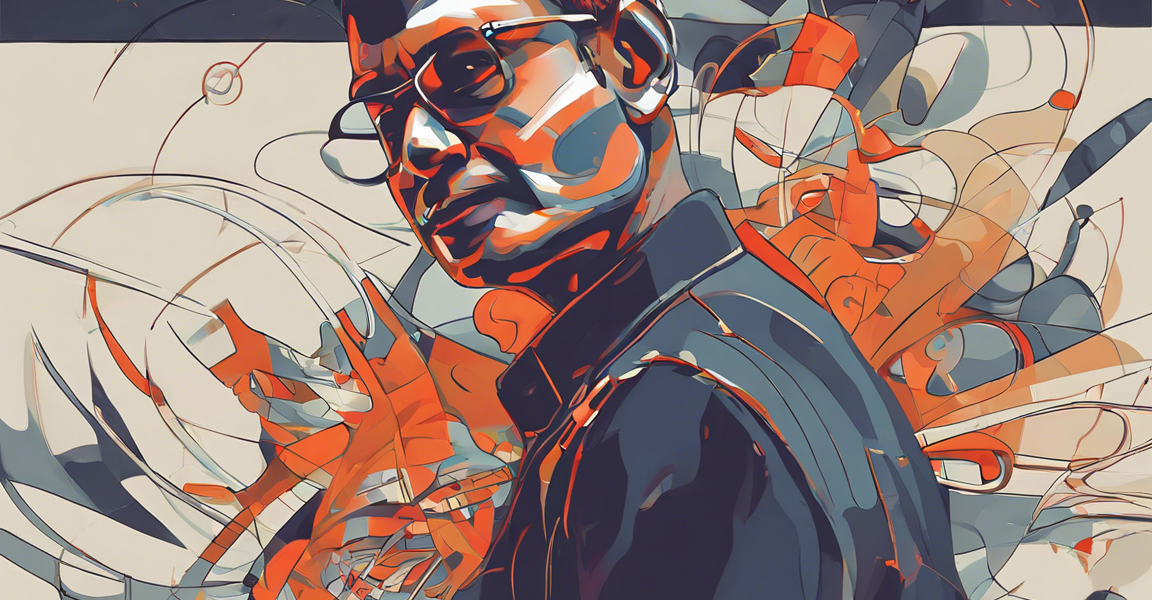Introduction
Justice DY Chandrachud is a prominent name in the legal circles of India. His judgements have often been progressive and forward-thinking, making him a significant figure in shaping the legal landscape of the country. Let’s dive deeper into the profile of this eminent Supreme Court Justice.
Early Life and Education
Born on November 11, 1959, in Mumbai, Justice Chandrachud hails from a family with a long and distinguished history in the legal field. His father, YV Chandrachud, served as the 16th Chief Justice of India.
Justice Chandrachud completed his Bachelor of Arts and LL.B. from the prestigious St. Stephens College, Delhi, and the University of Delhi respectively. He went on to earn a Master of Laws from Harvard Law School, further solidifying his legal acumen.
Legal Career
Justice Chandrachud’s legal career is illustrious, with his expertise spanning various fields of law. He has practiced at the Supreme Court of India and the Bombay High Court, honing his skills and experience.
Prior to his appointment as a Supreme Court Justice, he served as the Chief Justice of the Allahabad High Court and the Bombay High Court, where his judgements garnered praise for their depth and clarity.
Landmark Judgements
Justice Chandrachud is known for delivering several crucial judgements that have had a lasting impact on Indian jurisprudence. One of his notable judgements was in the Justice KS Puttaswamy (Retd.) vs. Union of India case, where he played a key role in declaring the Right to Privacy as a fundamental right under the Indian Constitution.
In the Navtej Singh Johar v. Union of India case, Justice Chandrachud was part of the bench that struck down Section 377 of the Indian Penal Code, decriminalizing consensual homosexual acts between adults.
His judgements often reflect a deep commitment to upholding constitutional values and individual rights, making him a champion of justice and equality.
Philosophy and Ideology
Justice Chandrachud’s judicial philosophy is rooted in liberal principles and a progressive outlook. He believes in the expansion of individual liberties and safeguarding the rights of the marginalized. His judgements reflect a keen sense of social justice and a commitment to human rights.
Criticism and Controversies
Like any public figure, Justice Chandrachud has faced his share of criticism and controversies. Some legal experts have questioned certain aspects of his judgements, citing concerns over judicial activism and overreach. However, his supporters argue that his bold approach is necessary to protect the rights of the citizens in a rapidly changing society.
Future Prospects
As a sitting Justice of the Supreme Court of India, Justice DY Chandrachud continues to play a pivotal role in shaping the legal landscape of the country. His progressive outlook and commitment to upholding constitutional values make him a beacon of hope for those seeking justice and equality.
In conclusion, Justice Chandrachud’s profile reflects a storied career marked by landmark judgements and a steadfast commitment to justice. His legacy as a legal luminary is sure to endure for generations to come.
Frequently Asked Questions (FAQs)
1. What are some of the key judgements delivered by Justice DY Chandrachud?
Justice Chandrachud is known for his landmark judgements in cases such as the Right to Privacy declaration and the decriminalization of Section 377.
2. What is Justice Chandrachud’s judicial philosophy?
His judicial philosophy is rooted in liberal principles, a progressive outlook, and a commitment to expanding individual liberties and upholding constitutional values.
3. How has Justice Chandrachud contributed to Indian jurisprudence?
Through his judgements, Justice Chandrachud has significantly impacted Indian jurisprudence by championing social justice, human rights, and constitutional principles.
4. What are some criticisms faced by Justice Chandrachud?
He has faced criticism for judicial activism and overreach, with some questioning certain aspects of his judgements.
5. What is Justice Chandrachud’s background in law?
Justice Chandrachud holds a Bachelor of Arts and LL.B. from St. Stephens College and the University of Delhi, respectively, along with a Master of Laws from Harvard Law School.




